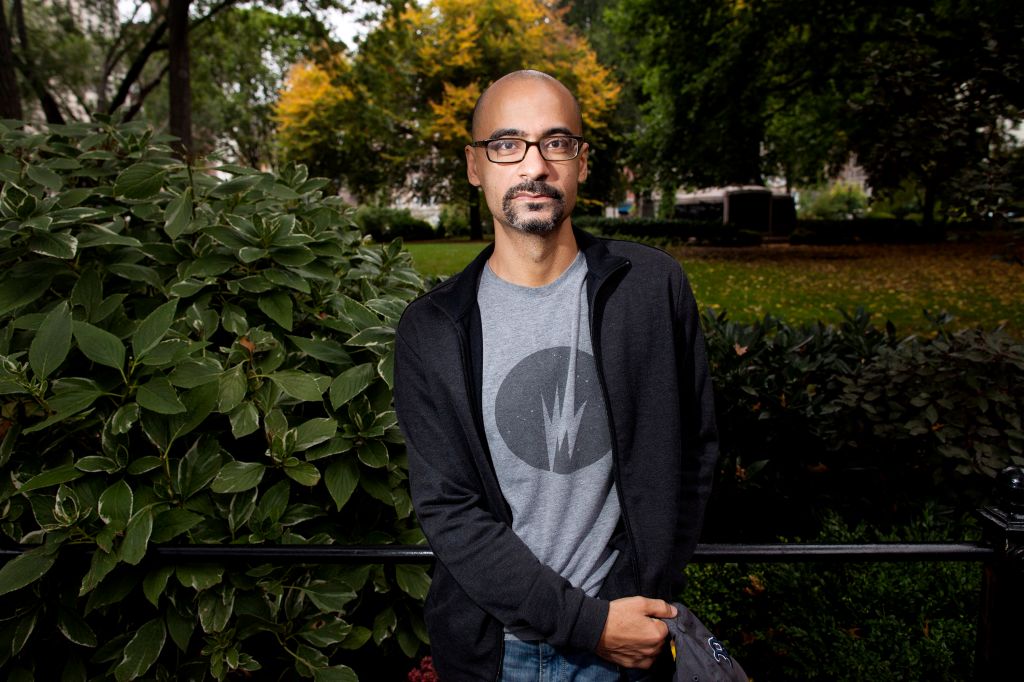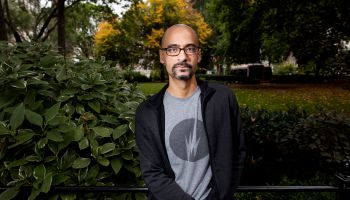
Source: Chicago Tribune / Getty
On Tuesday, Boston Review released a disappointing statement regarding Junot Díaz, its fiction editor of 15 years who is the subject of rightful scrutiny following multiple women’s accounts of alleged sexual harassment.
While I—along with (I imagine) many other survivors and allies of all genders, but especially writers of color who identify as women—hoped for a decision opposite of the damaging one they made, alas: the publication concluded that Díaz will remain on the staff “because of his efforts,” despite those recently reported accounts.
When Tarana Burke founded the #MeToo movement via MySpace 12 years ago, it was precisely this sort of abuse of power (along with Burke’s work with marginalized girls) that inspired the need for the movement. In 2017, upon the viral popularization of the phrase by actress Alyssa Milano (as well as the subsequent vocalization of Burke and those familiar with her years of work), it became a media intervention, particularly in the weeks following the accusations made against Harvey Weinstein, who pleaded not guilty to sexual assault charges on Monday.
So the conversation surrounding misogyny, patriarchy, and the other pervasive factors that play a role in how survivors are muted, invalidated and disregarded becomes an even larger issue when publications like Boston Review fail to acknowledge how these decisions contribute to the problem.
In the social media age, one could argue that journalism is just as much about reporting facts as it is protecting marginalized lives. Perhaps some may disagree (e.g. The New York Times managing editor Joe Kahn, who says that “if you’re a media company, journalism is not about creating safe spaces”). But in the time of #MeToo and #TimesUp, I think it’s both fair and necessary to examine the power news organizations wield in the validation of not only staff voices (Boston Review notes that multiple staffers pushed back against the decision) but also the voices that continue to be silenced by society’s harmful attitudes toward gender and sexuality.
https://twitter.com/sreneelong/status/1004175524636385281
At the end of the statement, the Review makes the frail disclaimer that its observations were not “offered in the spirit of some kind of cost-benefit analysis,” but a cost-benefit analysis is precisely what this was. Because in the paragraph immediately preceding the disclaimer, the publication dared to boast about the hundreds of emerging writers, “more than two-thirds women, and many of them women of color and queer writers” Díaz commissioned throughout his tenure. This all in the same breath used to let female writers of color know that their voices do not matter.
As already aptly stated by the wonderful Eve L. Ewing, with whom I passionately agree, we matter as much as, if not more than, Díaz’s professional contributions. All Boston Review’s statement says to me as a Black woman writer, and a fellow survivor, is that—clearly—to the Review, we don’t.
















